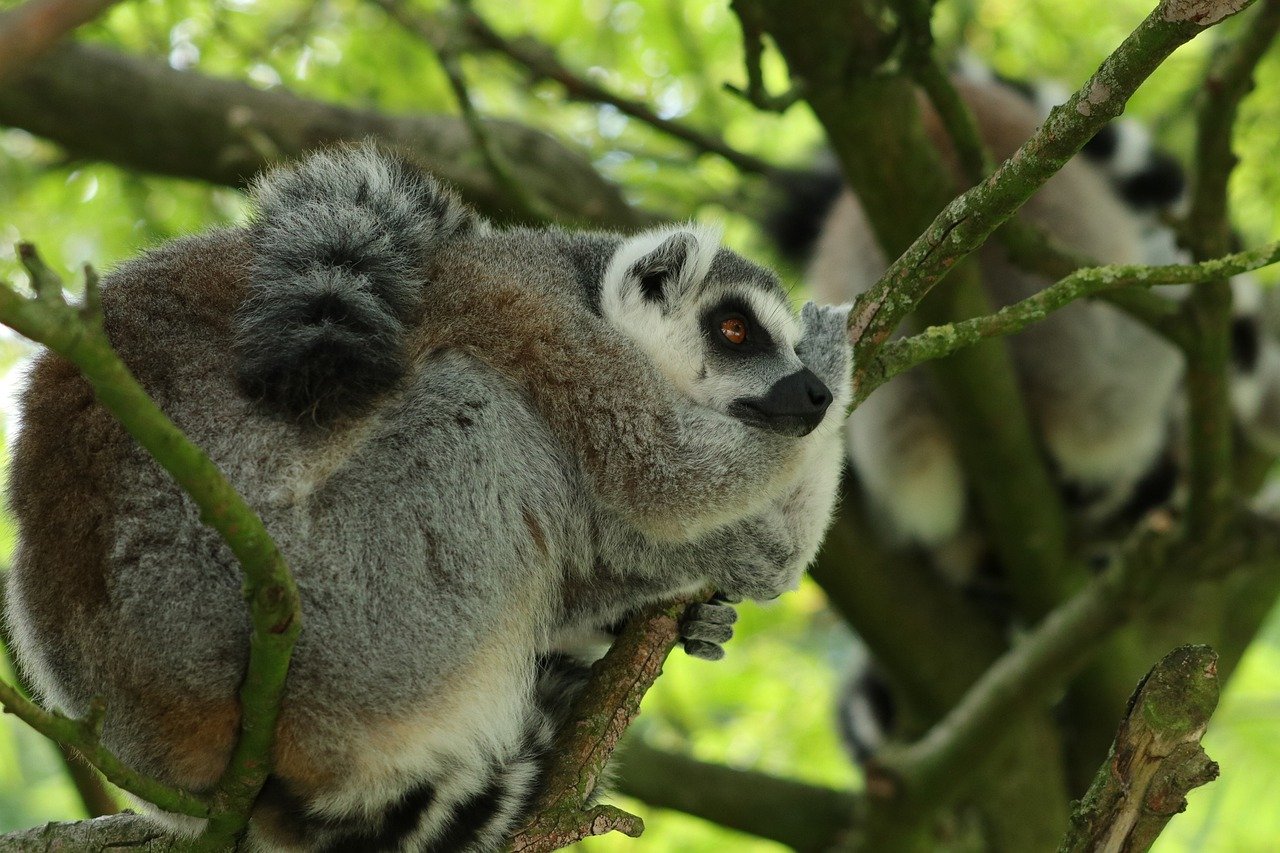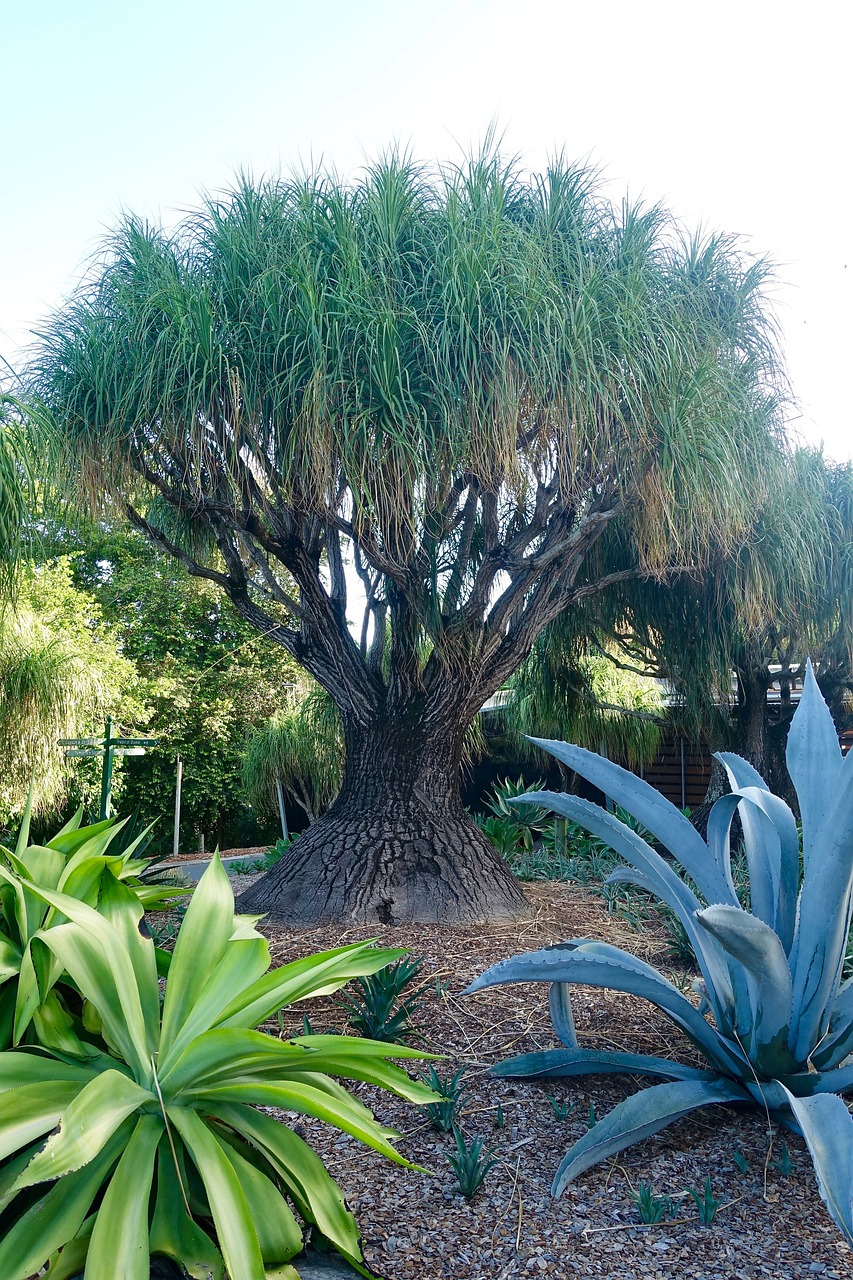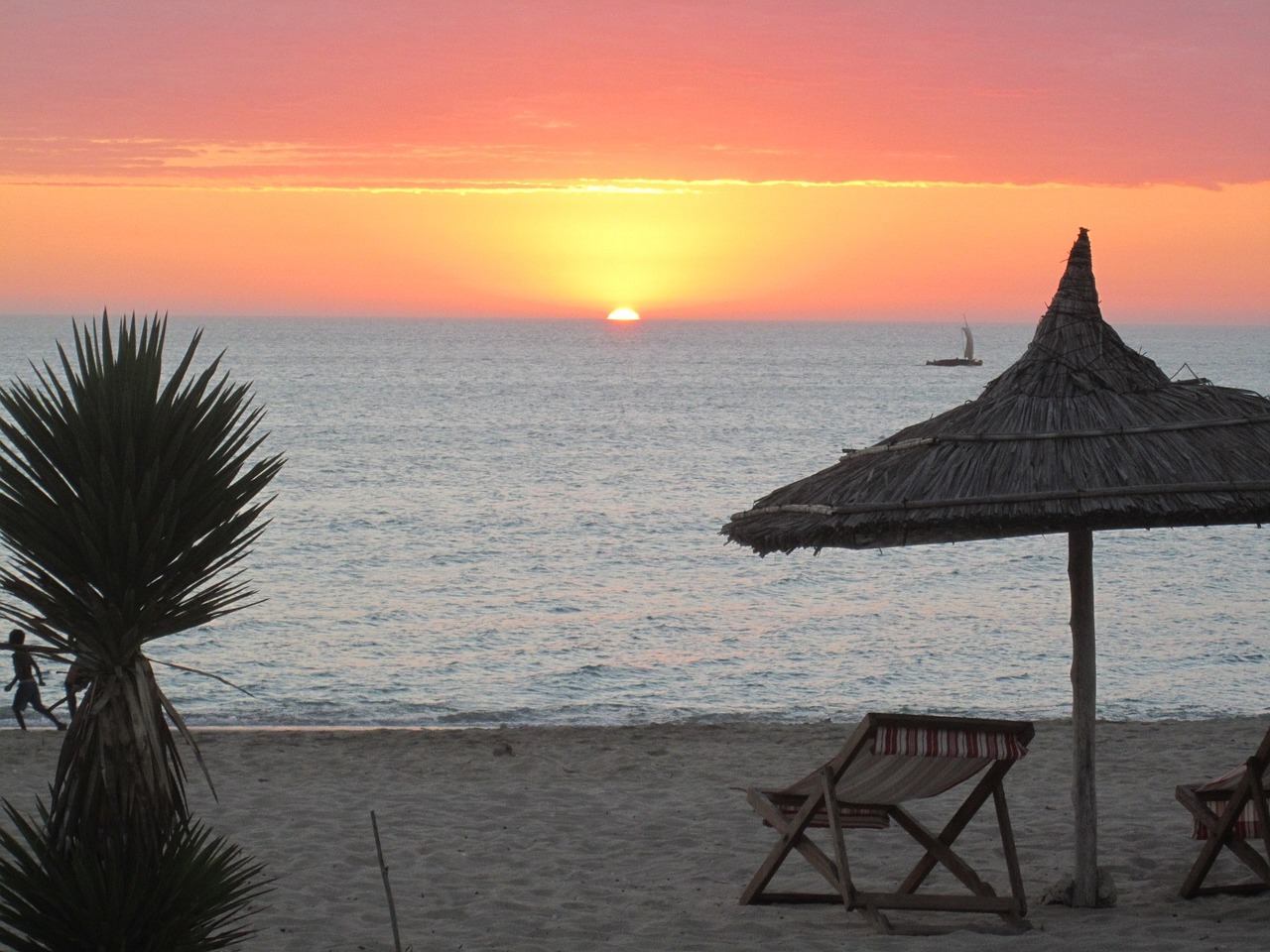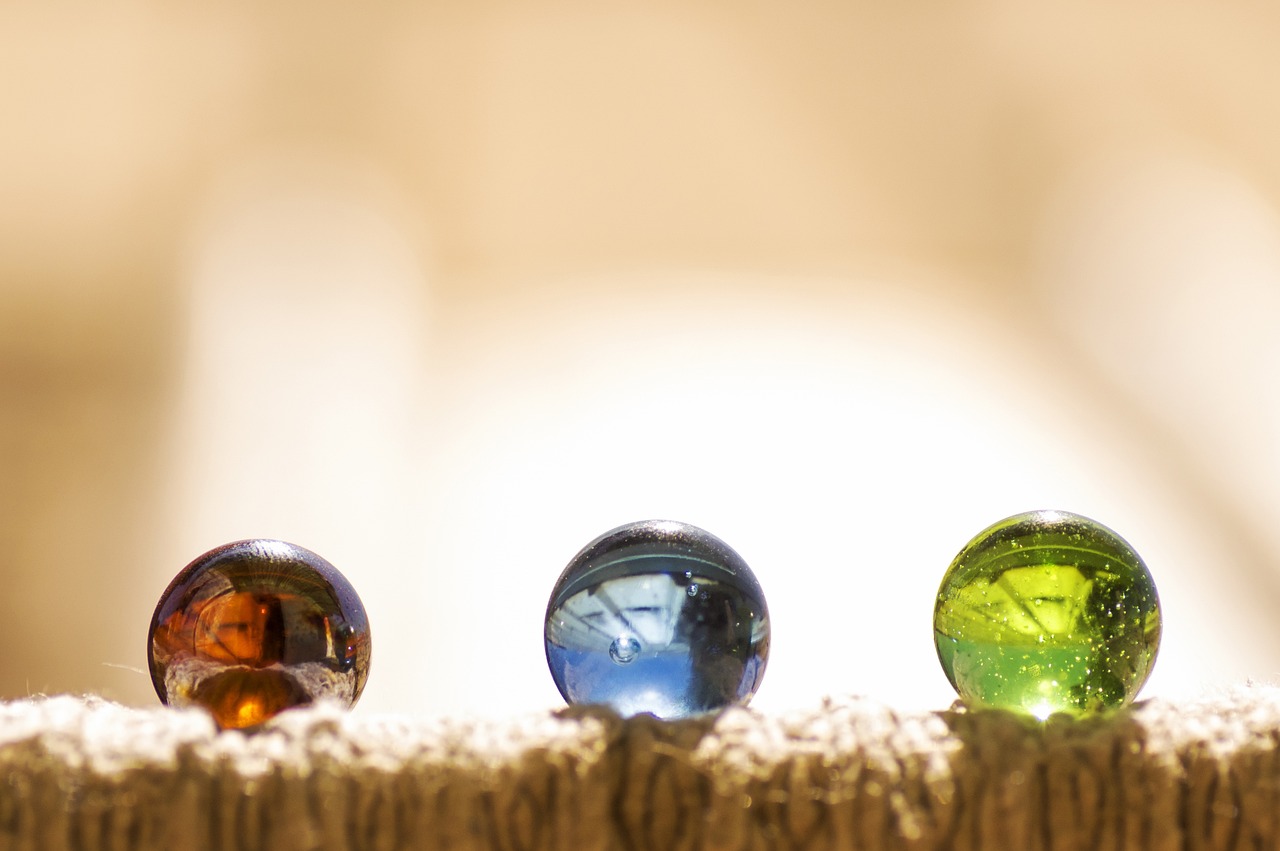Madagascar Video
Keeping Up with Health and Wellness in Madagascar
Madagascar, known for its unique biodiversity, stunning landscapes, and vibrant culture, is also a country that values health and wellness. In this article, we will explore various aspects of health and wellness in Madagascar, including traditional medicine, outdoor activities, and healthy cuisine. Whether you are a local resident or a visitor to this beautiful island nation, there are many ways to keep up with your health and wellness journey.
Traditional Medicine in Madagascar
Traditional medicine plays a significant role in the health and wellness practices of the Malagasy people. Passed down through generations, traditional healers, known as “ombiasy,” use natural remedies derived from plants, minerals, and animal products to treat various ailments. Some popular traditional practices include herbal medicine, bone setting, and spiritual healing. Traditional medicine is deeply rooted in the culture and beliefs of the Malagasy people, making it an essential aspect of health and wellness in Madagascar.
- Herbal Medicine: Malagasy traditional healers use a wide range of medicinal plants to treat different conditions. Plants like ravintsara, voamboana, and tsiperifery have been used for centuries for their healing properties.
- Bone Setting: Traditional healers in Madagascar also practice bone setting, a technique used to treat fractures and musculoskeletal injuries. With their extensive knowledge of the skeletal system, these healers apply manual manipulation and herbal remedies to aid in the healing process.
- Spiritual Healing: Many Malagasy people turn to traditional healers for spiritual healing. These healers perform ceremonies, rituals, and prayers to address spiritual imbalances and promote holistic well-being.
Herbal medicine in Madagascar is often prepared as infusions, decoctions, or poultices. These remedies are believed to have therapeutic effects on various health issues, including digestive problems, respiratory ailments, and skin conditions.
Bone setting is often accompanied by rituals and chants to promote spiritual healing and overall wellness.
Spiritual healing is deeply intertwined with the cultural and religious beliefs of the Malagasy people, providing them with a sense of connection and harmony.
Outdoor Activities and Wellness
Madagascar’s stunning natural landscapes offer a plethora of outdoor activities that contribute to both physical fitness and mental well-being. Engaging in these activities allows individuals to stay active while immersing themselves in the country’s breathtaking environment.
- Hiking: Madagascar is home to numerous national parks and nature reserves, providing ample opportunities for hiking enthusiasts. Trails like the Tsingy de Bemaraha and Isalo National Park offer stunning vistas and unique geological formations.
- Beach Activities: With its vast coastline, Madagascar offers a range of beach activities that promote relaxation and well-being. Whether it’s swimming, snorkeling, or simply enjoying a leisurely walk along the sandy shores, the beach provides a serene setting for rejuvenation.
- Yoga and Meditation: Many wellness retreats and eco-lodges in Madagascar offer yoga and meditation sessions amidst tranquil surroundings. These practices promote mindfulness, reduce stress, and improve flexibility and strength.
Embarking on a hike not only improves cardiovascular health but also allows individuals to connect with nature and experience the country’s rich biodiversity up close.
The crystal-clear waters and pristine beaches of destinations like Nosy Be and Ifaty are perfect for unwinding and unwinding.
Participating in yoga and meditation sessions in Madagascar allows individuals to find inner peace while surrounded by the country’s natural beauty.
Healthy Cuisine in Madagascar
Exploring the local cuisine is an integral part of experiencing any culture, and Madagascar offers a variety of dishes that are both delicious and nutritious. Traditional Malagasy cuisine incorporates fresh ingredients and local flavors, making it a healthy choice for those seeking a balanced diet.
- Ravitoto: Ravitoto is a traditional Malagasy dish made from cassava leaves, peanuts, and meat (usually pork). This dish is rich in vitamins, minerals, and protein, providing a satisfying and nutritious meal.
- Lasary: Lasary is a refreshing salad made from various vegetables, such as tomatoes, cucumbers, onions, and green beans. It is typically dressed with a tangy vinaigrette made from citrus juice and vinegar.
- Brochettes: Brochettes are skewered grilled meats, commonly made with beef, pork, or zebu (a type of cattle found in Madagascar). These flavorful and protein-rich dishes are often accompanied by a side of vegetables or rice.
Ravitoto is often served with rice, which is a staple in the Malagasy diet.
Lasary is a light and healthy side dish that complements many Malagasy meals.
Brochettes are a popular street food in Madagascar and can be found in local markets and food stalls.
Madagascar Image 1:

Exploring Local Wellness Centers
For those seeking more structured wellness experiences, Madagascar is home to various wellness centers and spas that offer a range of treatments and therapies.
- Spa Treatments: Wellness centers in Madagascar provide a variety of spa treatments, including massages, facials, and body scrubs. These treatments promote relaxation, rejuvenation, and overall well-being.
- Traditional Massages: Traditional Malagasy massages, known as “mpiandry” or “mpanjaka,” combine ancient techniques with local oils and herbs. These massages aim to relieve muscle tension, improve circulation, and restore balance to the body.
- Wellness Retreats: Madagascar hosts wellness retreats that focus on various aspects of well-being, including yoga, meditation, and holistic healing. These retreats provide a serene and immersive environment for participants to reconnect with themselves and nature.
Using natural ingredients sourced from the island, such as essential oils and organic products, these spas offer a holistic approach to wellness.
Traditional massages in Madagascar often incorporate elements of traditional medicine and spirituality.
Wellness retreats often take place in picturesque locations, such as beachfront resorts or secluded eco-lodges.
Madagascar Image 2:

Protecting the Environment and Health
The health and wellness of Madagascar’s population are intricately linked to the conservation of its unique ecosystems. Protecting the environment is crucial for maintaining the country’s biodiversity and ensuring the well-being of its people.
- Conservation Efforts: Various organizations and initiatives in Madagascar focus on preserving the country’s natural resources and promoting sustainable practices. These efforts include reforestation projects, marine conservation, and sustainable agriculture.
- Eco-Tourism: Eco-tourism in Madagascar encourages responsible travel practices that minimize negative impacts on the environment. Choosing eco-friendly accommodations, participating in community-based tourism, and respecting local customs and traditions are essential elements of eco-tourism.
By supporting these initiatives, individuals can contribute to the long-term health and wellness of both the environment and the local communities.
Eco-tourism not only supports conservation efforts but also provides visitors with unique opportunities to engage with the local culture and environment.
Madagascar Image 3:

Conclusion
Madagascar offers a diverse range of opportunities to keep up with health and wellness. From traditional medicine to outdoor activities and healthy cuisine, individuals can embrace a holistic approach to well-being. By exploring the unique aspects of health and wellness in Madagascar, both residents and visitors can experience the country’s vibrant culture and breathtaking landscapes while nurturing their physical and mental health.
References
– National Geographic: nationalgeographic.com
– Lonely Planet: lonelyplanet.com
– World Health Organization: who.int
– Madagascar National Parks: madagascar-national-parks.com
– EcoTourism Madagascar: ecotourism-madagascar.com

